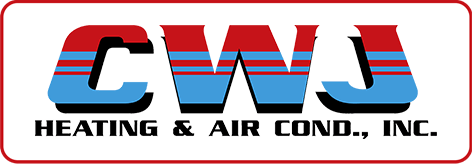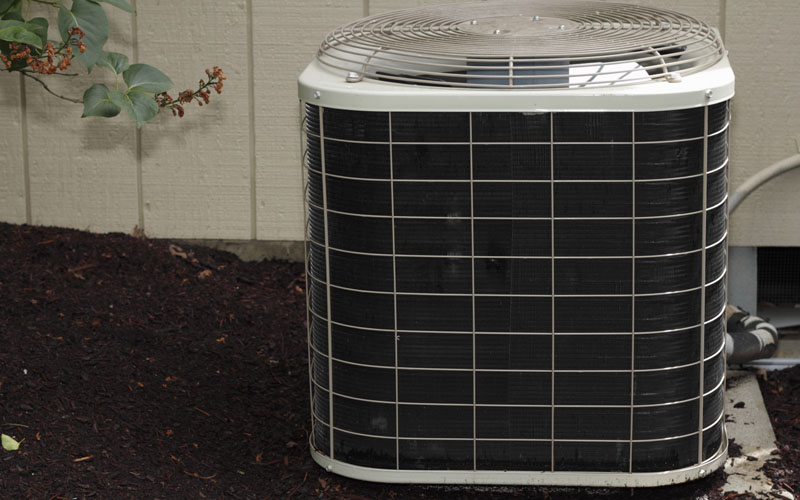This sweltering summer is drawing to a close, but September still brings a lot of heat to Durham, NC. Air condition systems have had to work extra hard this summer. If your system is failing, here a few things to check before calling a technician.
1) Check and Change your filters.
Failure to maintain airflow to the HVAC can cause the unit to freeze and malfunction. We often receive service calls that could have been prevented if the air filters had been changed regularly. The inexpensive 1? inch filters should be changed monthly. Three to five inch filters can be last up to six months, but even the larger filters needed to be checked every few months.
During the summer we are in and out of our homes a lot. We invite excess dirt and debris that fills up our filters even faster than usual. As we approach the end of summer, make sure you are checking your air filters.
2) Check Your Landscaping
You HVAC unit can be an eyesore and you may be tempted to hide it with shrubbery or fencing. However, bushes, shrubs, fencing, and a summer’s worth of grass clippings can reduce airflow to your unit and lead to major system malfunctions.
Make sure there is at least two feet of space between your unit and shrub and trees. Regularly check and prune your shrubbery regularly so that it does not compromise airflow. Fencing that allows air to flow freely to your unit is best. Leave at least three feet of horizontal space between fencing and your unit. Always blow off grass clippings from your unit after you mow.
3) Check your thermostat placement
If your unit starts and stops frequently, it may have to do with the location of your thermostat. Common thermostat placement errors include:
- Too close to supply or return vents. If your thermostat is too close to a supply or return vent, it will read the temperature of your home incorrectly and cause your unit turn on and off more often than it should.
- Direct sunlight: If the thermostat is in direct sunlight for a significant portion of the day, it will process the temperature of your home as warmer than it should, which will cause your system to run more often than it should
- Near a television or computer: Electronics produce excess heat that can cause your thermostat misinterpret the temperature in your home.
If the thermostat is in direct sunlight, you can lower blinds or shades during the day to prevent it from improperly interpreting your home’s temperature. Though it may be inconvenient, rearranging your room so that the television or computer is farther away from the thermostat will likely prevent your unit from running excessively. If your thermostat is near a supply vent however, you will need to call a professional to discuss moving it. Do not close the vent though, as it will restrict airflow and lead to other issues with your air conditioning system.
4) Check your vents
Your system is designed to maximize airflow through your home. Closing vents in unused rooms will actually make your unit work harder and reduce its lifespan. Sometimes we block floor and wall vents with furniture, or accidentally close them when we are vacuuming, so it is good to regularly check your vents for airflow when the unit is on. If you find that a particular vent does not seem to be pushing out air, you should call a professional.
Even though cooler weather is on the way, as long as your air conditioning is being used it is important for the life and effectiveness of your unit to practice basic maintenance.


